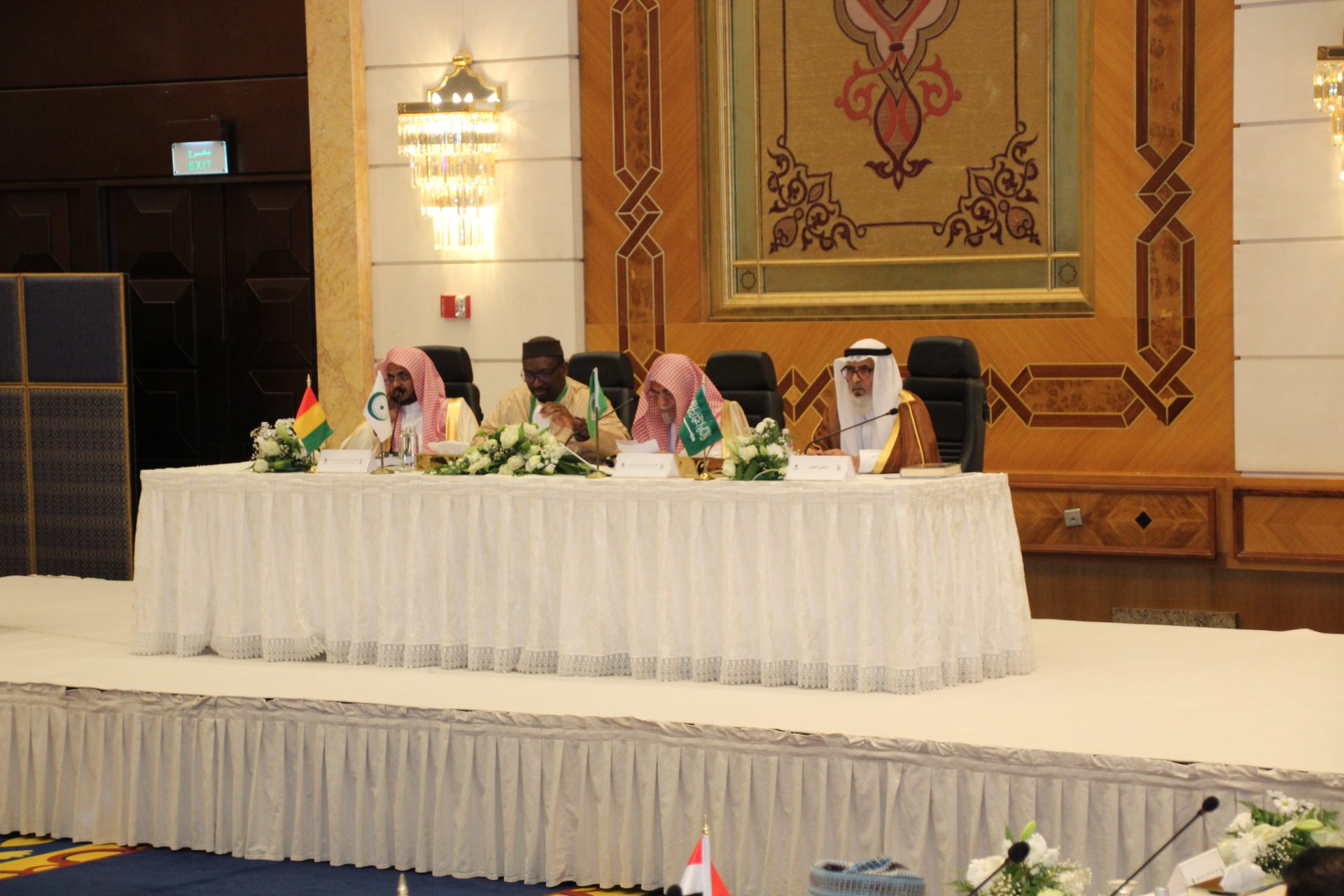
The twenty-fifth session of the International Islamic Fiqh Academy (IIFA) continued its panel discussions on Thursday 03 Shabaan 1444H correspondent to 23 February 2023G in Jeddah to investigate several contemporary jurisprudential issues.
The scholars and experts participating in the session discussed the role of Islamic social financing mechanisms in supporting humanitarian work in areas of conflict and disasters.
They explained that Islamic social financing tools include obligatory tools such as zakat on money and zakat al-fitr and non-obligatory tools based on donations and charity, such as loans, endowments, and wills, in addition to investment tools such as Murabaha (cost-plus financing), speculation, and tawarruq.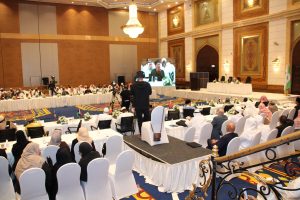
They affirmed that obligatory and non-obligatory Islamic social financing tools might be used to support humanitarian work to provide relief to disaster victims, those affected during epidemics, and the displaced during conflicts, whether the beneficiaries are Muslims or non-Muslims.
Scholars and experts stressed that Islamic social financing helps reduce societies’ poverty, famine, and unemployment. It also contributes to the achievement of sustainable growth.
In this context, scholars and experts have also dealt with the role of wills as an effective tool for combating poverty and ensuring the circulation of money in accordance with Shariah.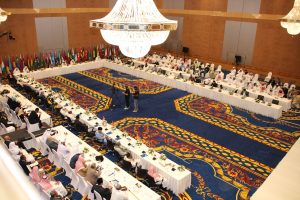
They also called for establishing independent institutions specializing in wills to raise awareness about wills and highlight their role in combating poverty within Islamic social financing mechanisms.
The scholars and experts also discussed the ruling on abortion due to rape in Islam, where they touched on the stages of fetus development and the legal ruling on abortion at each stage. They also discussed the ruling on abortion due to health concerns related to the mother’s safety.
Scholars and experts also discussed the legal rulings related to changing sex and whether this is for corrective reasons to treat birth defects or for other reasons.
They also addressed several economic and banking issues, including some contemporary applications of leasing that ended with ownership and the letter of guarantee.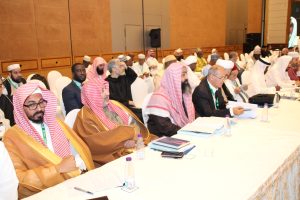
In addition to the panel discussions, the IIFA also held a special session to discuss draft resolutions on the issues discussed in the twenty-fifth session of the Academy, as it is expected that the IIFA will issue resolutions dealing with these emerging issues within the framework of the authentic collective jurisprudential reasoning (ijtihad) of the scholars of the Muslim world in the current era.
The current session witnesses the participation of 200 scholars from the OIC member states with expertise and specialization in Shariah disciplines, economics, medicine, and sociology to discuss 160 research papers on the issues and topics of the session.
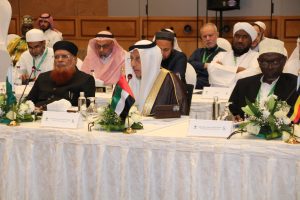
Read Also
Lastest
